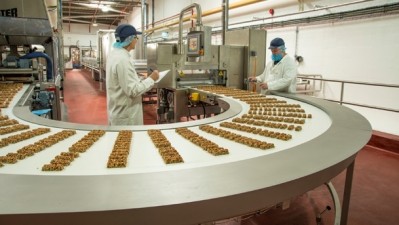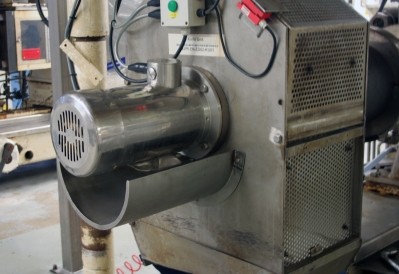Bright Food to eat up all its Weetabix

Bright Food, which bought a 60% share in Weetabix in 2012 for £1.2bn, is to buy the remaining 40% of the company from the private equity firm Lion Capital, after it exercised an option to sell, recent press reports said. Reports of a deal, however, have been rumbling on since October 2014.
Julian Wild, partner at law firm Rollits, said it was inevitable Bright Food would want to own 100% of the brand sooner or later. However, that was despite his reservations over the firm’s ability to win over the Far Eastern market with cold breakfast cereals, he said.
‘Paid too much’
Wild also felt Bright Food paid too much for its 60% share in the brand in 2012: “It always looked a big price for Bright to pay and I haven’t changed my view on that.”
Weetabix, which was established in 1932, manufactures brands such as Alpen, Ready Brek, Weetos and Weetabix.
Because of its British heritage, it was a prime target for “new world” money, said Clive Black, head of research at city analyst Shore Capital.
“Weetabix is a world-class cereal brand and operator and represents a serious significant move by Bright Food, [but] we’ll have to wait and see if it takes full control,” said Black.
“Should the transaction come through, then Bright can expect to benefit from whole ownership in the long run, so long as it nurtures and invests in the Weetabix operations and brands.”
Black noted the investment in Weetabix had been “fabulous” for Lion Capital.
No-one from Lion Capital was available for comment as Food Manufacture went to press, however, a spokesman from Weetabix said: “This is a matter for shareholders.
“Bright Food’s investment in Weetabix has created a global partnership, helping us grow internationally and our factories in Northamptonshire continue to export to around 80 countries worldwide, as well as servicing our UK retailers and consumers.”
Reduce its workforce
Last year, Weetabix announced it would reduce its workforce across its two factories in Northamptonshire with 30 voluntary redundancies among its 2,000 employees in response to changing market demands and consumer shopping habits.
At the time, Weetabix ceo Giles Turrell said: “We’re one of Northamptonshire’s leading employers and committed to our local community. It is seven years since we last offered voluntary redundancies and with the support of our trade unions, we’re hopeful this route will prove least disruptive to our colleagues.”
Meanwhile, analysts were unsure whether a buyout of Weetabix would safeguard jobs or result in more redundancies.
















